Your setup sounds pretty good. I would make a new long-term named branch based on the changeset with the 1.0.0 release. Keep your development on the default branch and create branches for each release.
Here I write the version number in the POM above and below changesets, and the branch name all the way to the left:
1.0.0-SNAPSHOT 1.0.0 1.1.0-SNAPSHOT
default: o --- o --- o --- o ------ o --- o --- o --- o --- o --- o
\ /
1.0.x: o --- o --- o --- o -------- o --- o --- o
1.0.1-SNAPSHOT 1.0.1 1.0.2-SNAPSHOT
So you work happily on version 1.0.0-SNAPSHOT using the default branch. When it's time for a release, the plugin makes a changeset with 1.0.0 and immediately another changeset with 1.1.0-SNAPSHOT, all on the default branch.
You can branch off for 1.0.x releases now or later — doesn't matter. When you do branch of you
$ hg update 1.0.0 # <- this is a tag
$ hg branch 1.0.x
# edit the POM to change version to 1.0.1-SNAPSHOT
$ hg commit -m "Started 1.0.x branch"
Developers can now always use
$ hg update 1.0.x # <- this is a branch
to get to the latest changeset on that branch, and hg update default to get back to the main line of development. When changesets are committed on the 1.0.x branch, you'll want to merge them back to default so that the bug will also be fixed there:
$ hg update default
$ hg merge 1.0.x
$ hg commit -m "Merge in bugfix-123 from 1.0.x"
The choice between one or two repositories on your server is mostly irrelevant now. You use the named branches to distinguish between stable changesets (they are on 1.0.x) and less stable changesets (they are on default). However, it often makes good sense to keep a repository on the server for each stable release. You can setup jobs in Jenkins or use cronjobs to do
$ cd foo-1.0.x
$ hg pull --branch 1.0.x
at regular intervals so that clones are kept up to date. You can also make some changegroup hooks in the main dev repo like this:
[hooks]
changegroup.1.0.x = hg push --branch 1.0.x ../foo-1.0.x
changegroup.1.1.x = hg push --branch 1.1.x ../foo-1.1.x
Developers will have to wait until the hooks finish, but it should be quick when you just push between local repositories. Use an asynchronous synchronization mechanism (Jenkins, cronjob, ...) if this is a problem.
